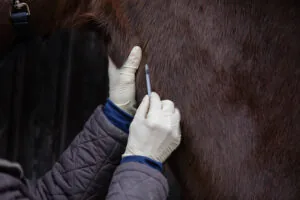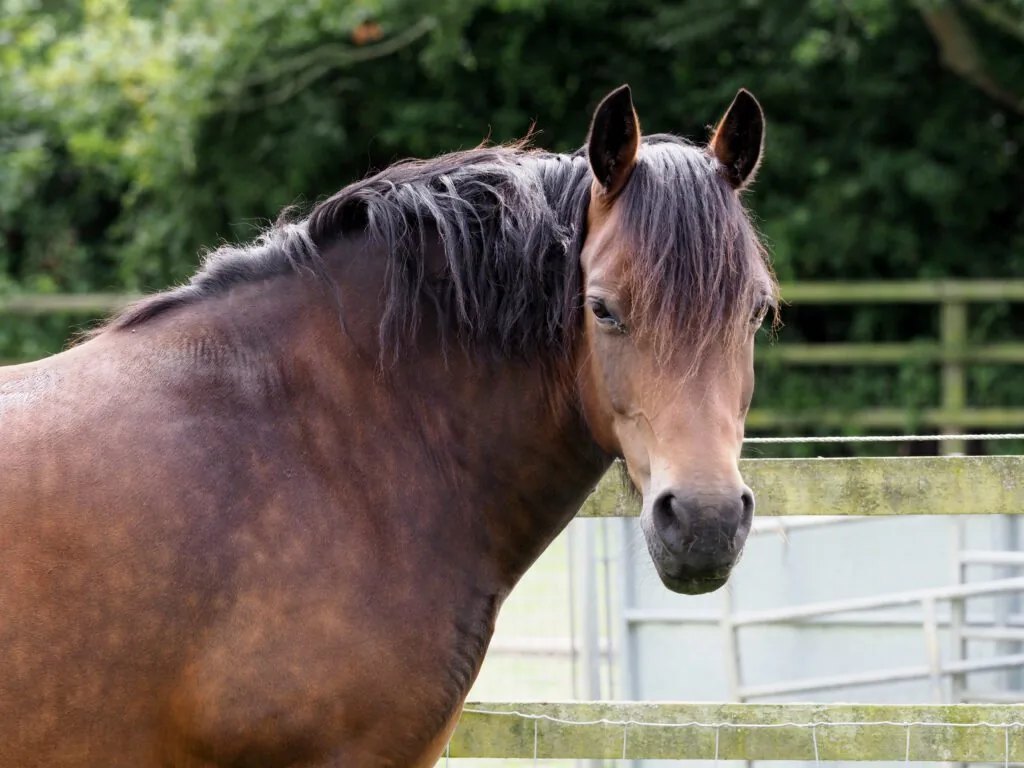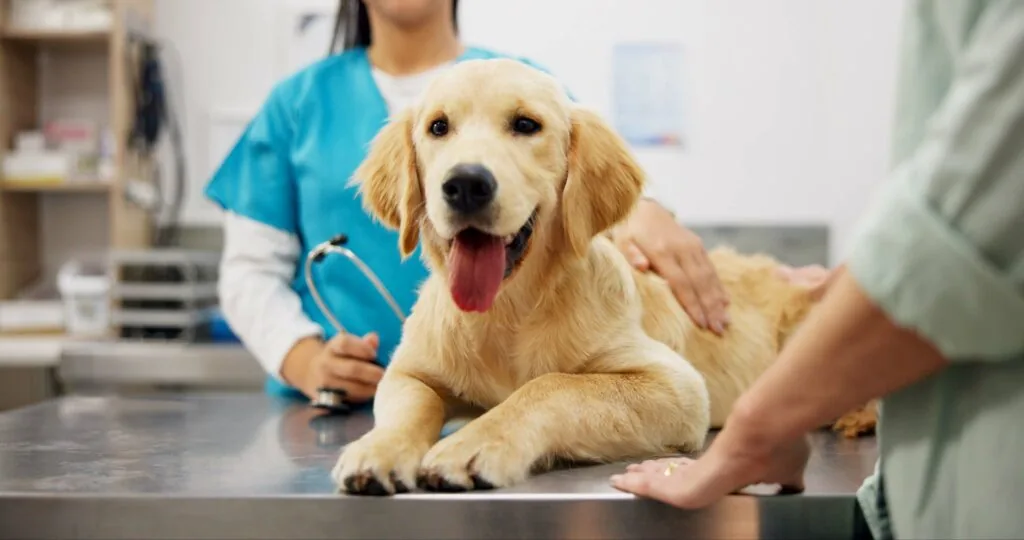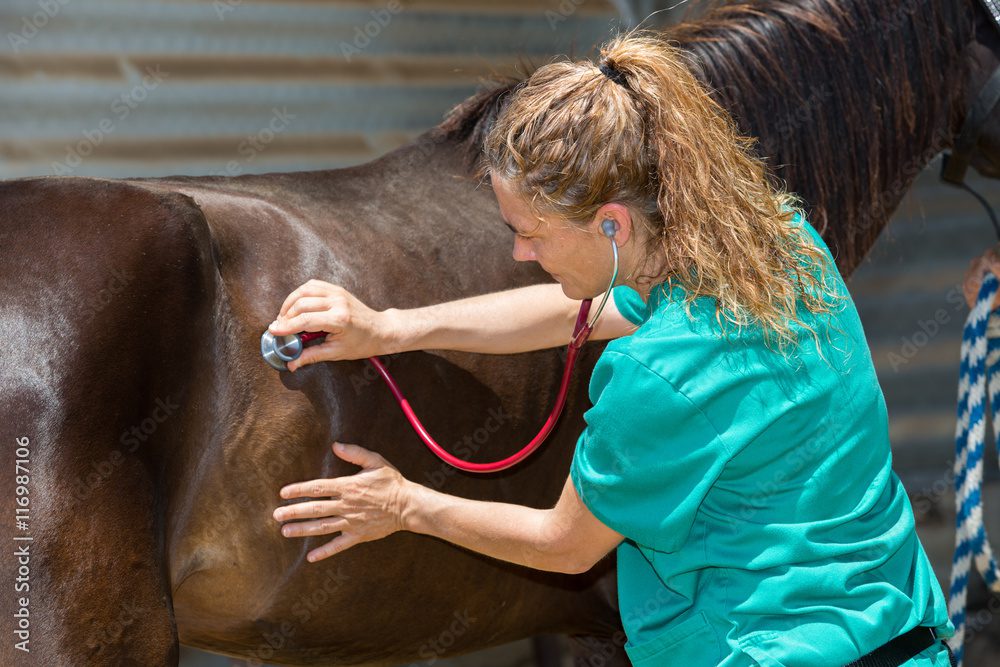Vaccines Your Horse Needs: A Comprehensive Guide
Vaccinating your horse is one of the most effective ways to prevent disease and safeguard their health. But with so many options—and every horse having unique needs—it’s easy to feel overwhelmed. At Southcentral Veterinary Services, we believe in customizing your horse’s vaccine schedule based on their lifestyle, risk factors, and the diseases most common in our region.
Below, we’ll walk you through the core vaccines every horse needs, risk-based vaccines, and what to consider when creating a vaccination plan.

Core Vaccines: Essential Protection for Every Horse
The American Association of Equine Practitioners (AAEP) recommends four core vaccines for all horses, regardless of age, activity level, or location. These diseases are widespread, life-threatening, and pose risks to both horse and human health.
1. Eastern & Western Equine Encephalomyelitis (EEE/WEE)
These mosquito-borne viruses cause brain inflammation, fever, stumbling, and often death. EEE is especially deadly in the Southeastern U.S.
-
Frequency: Annual (Spring), or more frequently in high-risk areas.
2. West Nile Virus
Another mosquito-borne virus, West Nile can cause severe neurological symptoms such as muscle twitching, weakness, and even paralysis.
-
Frequency: Annual (Spring), with boosters in high-risk areas.
3. Tetanus
Caused by a bacterium found in soil and manure, tetanus can enter the body through even small wounds, leading to rigid muscles, difficulty eating, and death without treatment.
-
Frequency: Annual. Boosters may be needed after injuries or surgeries.
4. Rabies
Though rare, rabies is always fatal and can be transmitted to humans. Horses can contract it through bites from wildlife such as raccoons or skunks.
-
Frequency: Annual.
Risk-Based Vaccines: Tailored to Your Horse’s Lifestyle
These vaccines are recommended based on your horse’s exposure risk. Factors like travel, show schedules, barn population, and geography all influence which vaccines are appropriate.
1. Equine Influenza
Flu spreads quickly in barns and at events, especially among young horses or those that travel.
-
Signs of illness: Fever, cough, nasal discharge, lethargy.
-
Frequency: Every 6–12 months, depending on travel and exposure.
2. Equine Herpesvirus (EHV-1 & EHV-4, also known as Rhinopneumonitis)
Common in performance horses, this virus can cause respiratory illness, abortion in pregnant mares, and neurologic disease.
-
Frequency: Every 6 months for horses in high-risk groups.
3. Strangles
This highly contagious bacterial infection causes swelling of lymph nodes, fever, and nasal discharge. It spreads easily through contact and shared water sources.
-
Available as: Intramuscular or intranasal vaccine.
-
Frequency: Annually, if your horse is at risk.
4. Potomac Horse Fever
Transmitted through aquatic insects, this disease can cause fever, colic, and severe diarrhea. It’s more common near rivers, ponds, and wetlands.
-
Frequency: Annually, or twice yearly in endemic areas.
5. Botulism
Caused by toxins that affect the nervous system, botulism is often fatal. Risk is higher for foals and horses eating haylage or round bales.
-
Frequency: Annual, with a 3-dose series for foals.
When Should Horses Be Vaccinated?
-
Spring: Most core and risk-based vaccines are administered in early spring before mosquito and insect season ramps up.
-
High-Risk Horses: Show, travel, and performance horses may need additional boosters throughout the year.
-
Foals and Broodmares: Have special vaccination schedules to protect both mare and foal from preventable diseases.
We’ll work with you to determine the best vaccination protocol based on your horse’s age, exposure, and health history.
Protect Your Horse with a Thoughtful Vaccine Plan
Vaccinations are a vital part of preventive equine care. While no vaccine guarantees complete protection, they significantly reduce the severity of disease—and in many cases, prevent it altogether.
At Southcentral Veterinary Services, we take your horse’s health seriously. Whether you’re managing a single pasture pony or a barn full of show horses, we’ll tailor a vaccine schedule that fits your needs and keeps your horses safe.
Ready to schedule spring shots or discuss a custom vaccine plan? Give us a call or Request an Appointment—we’re here to help you stay ahead of preventable disease.
Share This
Recent Posts
About Southcentral Veterinary Services
Southcentral Veterinary Services is here to ensure that you and your pet can access a variety of high-quality, progressive medical services. Our aim is to serve our patients and clients with integrity, compassion, and a focus on being your primary family vet.



